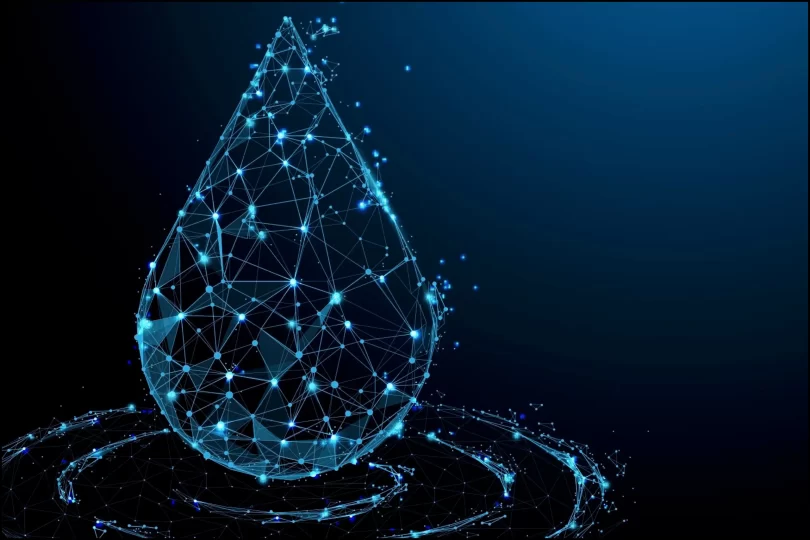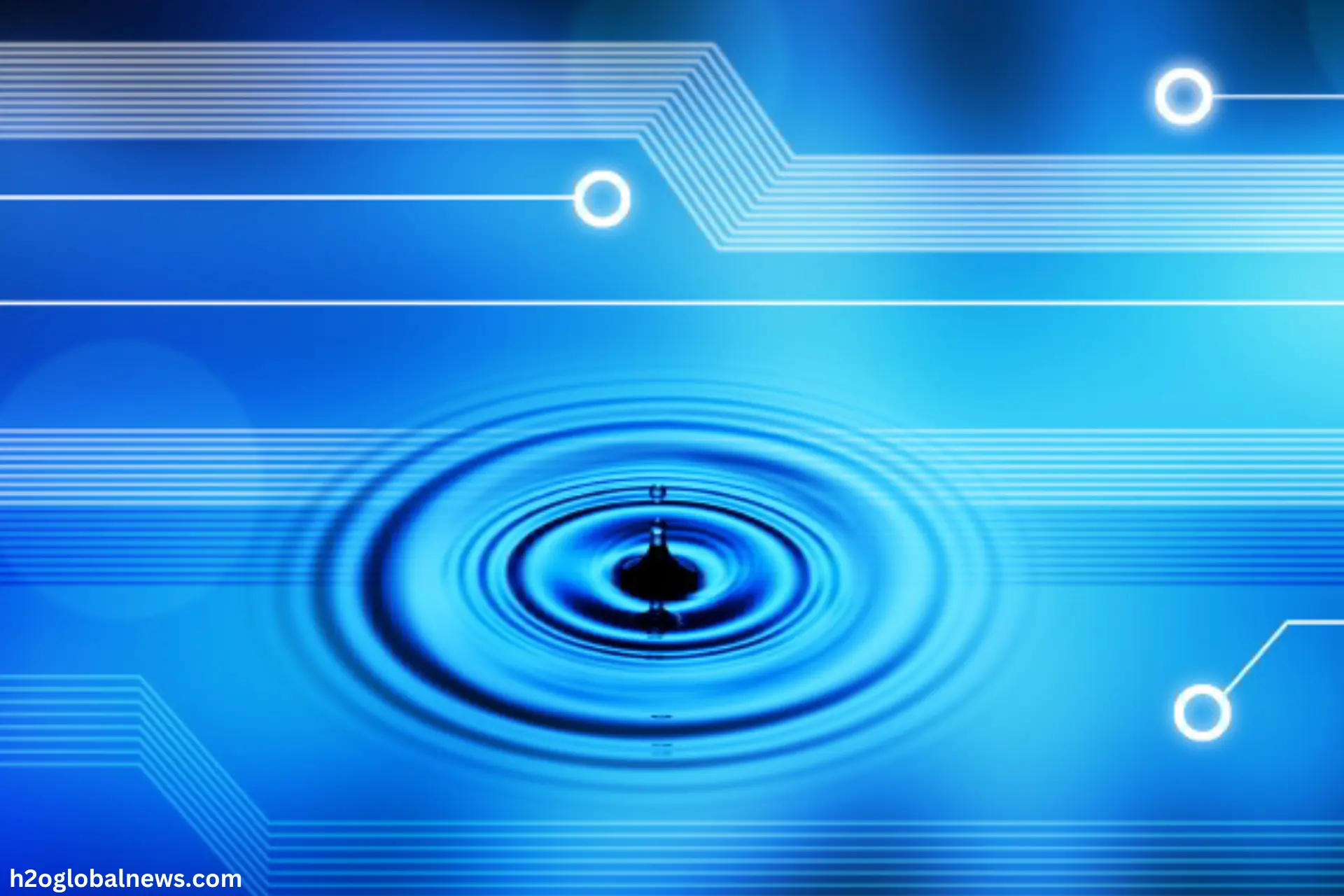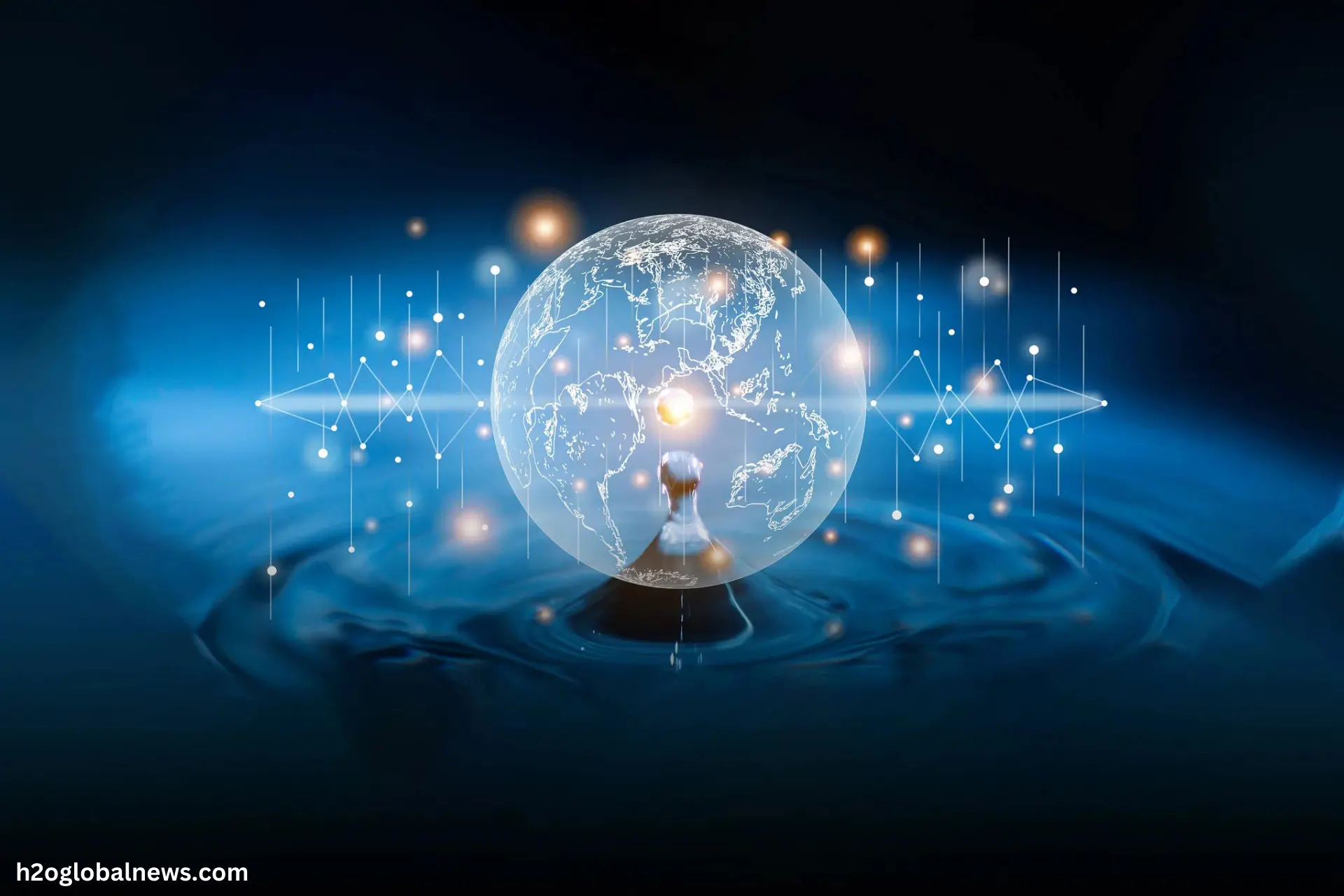Due to the increase in global water crisis, the United Nations held a conference to discuss the solutions for clean water and sanitation. The water sector is facing many challenges, including the effects of climate change, aging infrastructure, environmental changes, and the growing demand for water. The result is that our water management strategies are outdated and need digital technologies like sensors, advanced water data analytics, and smart water management systems.
Digital Water Solutions are reshaping the way we approach water management, offering innovative tools to tackle global challenges. That’s why, in this article, we’ll guide you about the concept of the digital water, its benefits, technologies, and tips for smart water management.
What is Digital Water?
Digital water means the use of advanced digital technologies to improve the management and efficiency of water systems. It usually uses tools like sensors, water data analytics, artificial intelligence, and IoT (Internet of Things) to create the smart water systems.
The main property of digital water is its real-time monitoring that immediately tracks the water quality and infrastructure. By adopting this technology, we can detect issues like leaks or contamination and rescue the water loss. Almost 45 million cubic meters of water is lost every day due to the leaks, indicating the need for digital water systems immediately.
The Role of a Digital Water Utility
The water utilities face different types of challenges like inefficiency, aging infrastructure, and the growing demand for clean water. That’s why we need the digital water utility; its modern tools can do the work smarter and with the right decision-making.
The Iot devices are used to monitor the flow and pressure of water, which helps to identify the leaks properly and reduce the human errors. Real-time monitoring is useful for detecting pollutants quickly before they spread and contaminate the water. The use of AI-powered analytics can help us to know the future water demand so we can use water within a limit. These digital technologies can help us with better solutions.
The Importance of Smart Water Management
A Smart Water Management is a very important part of Digital Water that uses technology to monitor, control, and optimize water resources and infrastructure. It uses technology to optimize water use, protect resources, and address challenges like pollution and scarcity.
Examples of Smart Water Management are IoT-based sensors that detect leaks in pipelines and reduce water loss and AI models that predict future water demand in urban areas and manage the supplies accordingly. These technologies not only make the water systems more efficient but also help achieve desired goals by conserving this precious resource.
Digital Water Solutions Driving the Future
Digital innovations are very helpful for water systems by offering comprehensive solutions to modern water challenges. These solutions are used in urban utilities, agriculture, and industrial systems and are giving great results.
Popular Digital Water Solutions:
1- Water Data Analytics: Big data plays an important role in understanding water systems better. These data analytics can identify inefficiencies, predict system failures, and guide infrastructure upgrades.
2- Real-Time Water Monitoring: These advanced systems continuously track metrics like water pressure, flow rates, and quality and make sure they work properly.
3- Predictive Maintenance: AI-powered tools can predict problems like pipe bursts or system failures. This helps us to take action before issues happen, save money on repairs, and prevent the further damage.
The Role of Water Data Analytics
Water data analytics means gathering and studying information from different sources, such as sensors, meters, and satellites. This data is used to make smart decisions about water management. As a main part of digital water solutions, it can help improve efficiency, reduce water waste, and make sure the water systems work smoothly.
Analyzing this data helps identify patterns in water use and manage resources more effectively. Data analytics can also detect and stop leaks before they cause major damage, help optimize water quality, and prepare for natural events like floods by forecasting their upcoming.
How Water Monitoring Enhances System?
Water monitoring systems play an important role in keeping water systems in a good way. These systems constantly track factors like pressure, water flow, and quality to make sure that everything functions perfectly. They help us to spot problems early, like pipe failures or contamination risks so that fixes can be done quickly.
Moreover, monitoring makes sure that water systems meet safety guidelines and reduce water waste by detecting leaks. It provides useful information to water utility managers, helping them to make better decisions and suggest reliable solutions. Water monitoring systems help us create a smarter and more reliable water system.
Challenges That May Come
Despite its benefits, the implementation of Digital Water faces different challenges, such as high setup costs, data privacy concerns, and a lack of technical expertise. Governments, private entities, and communities must collaborate to solve this.
Investing in digital infrastructure and training people in digital technologies is important to get perfect results.
Conclusion
Digital Water is the future of water management, making it smarter, more efficient, and more sustainable. By using AI, IoT, and data analytics, we can reduce water waste, detect leaks in real-time, and improve water quality. These technologies help cities, industries, and households manage water resources better, ensuring a reliable supply for the future. While challenges exist, the benefits of Digital Water far outweigh them, making it a necessary step toward a water-secure world. Now is the time to embrace digital solutions and take action to protect our most valuable resource.
FAQs
How does Smart Water Management work?
Smart Water Management works by using IoT-based sensors, AI, and smart meters to monitor, control, and optimize water systems. It helps detect leaks and forecast demand.
What is Water Monitoring, and why is it important?
Water Monitoring is the real-time tracking of water flow, quality, and system performance. It helps detect contaminants, identify leaks, check work with safety guidelines, and improve reliability.
How do IoT devices contribute to Digital Water Systems?
IoT devices provide real-time data on water flow, pressure, and quality. They help in immediate leak detection, pipeline monitoring, and predictive maintenance that makes water systems more efficient.









